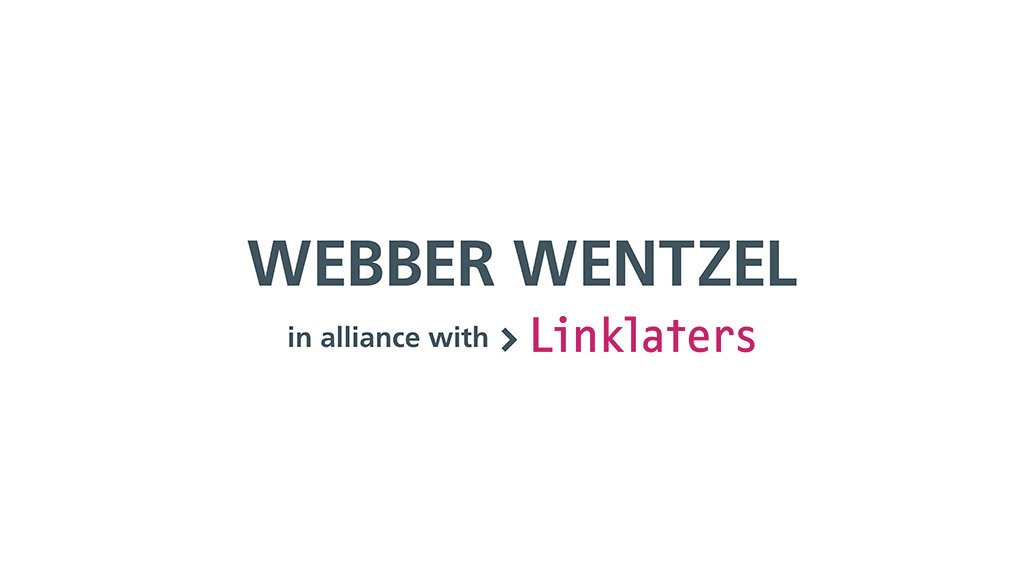The Employment Services Amendment Bill introduces certain employment obligations for digital labour platforms and this may mark the beginning of more extensive regulation of these platforms.
Digital Labour Platforms (DLPs) appear to have gained huge traction in the past two years and have now attracted the attention of the regulators.
The Employment Services Amendment Bill (the Bill) defines a DLP as "an electronic entity that enables the provision of work or services by a person to any other person in the Republic". These platforms are also colloquially referred to as part of the gig economy. Basically, DLPs are a digital labour market for jobs that only last for a certain period of time.
Understandably, in the wake of the rapidly evolving fourth industrial revolution these platforms may become increasingly attractive, not just to employers, but to the country as a whole, given the high unemployment rate and the gap DLPs are able to fill.
The Bill offers some insight (although restricted) into the future of DLPs in South Africa. It states that a DLP is considered to be an employer of any worker if it regulates the worker's payment terms and conditions and remunerates that worker. A DLP creates a legally-recognised employment relationship, giving rise to certain obligations under the Employment Services Act 4 of 2014 (the Act), including:
- before recruiting foreign nationals, DLPs must ensure that there are no suitable South African citizens who can fill that vacancy;
- DLPs may not employ foreign nationals in South Africa without a valid work permit;
- DLPs may not allow foreign nationals to engage in work contrary to the terms of their work permits; and
- DLPs are bound by the regulations made by the Minister in terms of the Act, such as reporting vacancies and filling positions.
Any offences committed by the DLPs will incur hefty penalties prescribed in the Act. These include imprisonment for between 12 and 24 months and/or a fine, depending on the offence committed. Some of the offences, such as allowing a foreign national to engage in work contrary to their work permits, attract penalties prescribed in the Immigration Act 13 of 2002.
It is clear that government will not allow DLPs to operate free of regulation. With these amendments in mind, it is quite conceivable that in the near future, DLPs may find themselves bound by further employment law obligations, beyond the Act. The legislature may be unable to sustain the differentiation between DLP workers and ordinary employees, or to limit the former to regulation under the Act alone as opposed to regulation under all employment legislation.
This is especially true in view of the close monitoring and research findings by the International Labour Organisation on the increasing prevalence of protests by platform workers. This research will probably give rise to remedial action that will have a trickle-down effect in South Africa.
South Africa has already seen protests by e-hailing drivers. This indicates that the DLP sector is becoming an increasingly urgent part of employment law that needs tighter regulation and the Bill appears to be a first step towards achieving this end. Employers, therefore, need to be aware of developments to ensure that they take informed decisions when managing their expectations and projections within the DLP sector.
Although it appears that further regulation of the DLP sector may be imminent, the legislator should err on the side of caution. Over-regulating the DLP sector will make it unattractive to businesses and investors – thereby stifling its necessary growth and development. In a rapidly evolving fourth industrial revolution environment, the evolution of these digital sectors requires striking a balance between under-regulation and over-regulation since much stands to be lost should regulation be one-sided. How the legislature intends proceeding with regulating the sector beyond these amendments is unclear, but further developments should be closely monitored.
Written by Masibulele Mabanga, Kenneth Coster, Mehnaaz Bux; Webber Wentzel
EMAIL THIS ARTICLE SAVE THIS ARTICLE ARTICLE ENQUIRY
To subscribe email subscriptions@creamermedia.co.za or click here
To advertise email advertising@creamermedia.co.za or click here











